The loss of egg production, weight gain, beauty of plumage, and sometimes young, forces the poultry farmer to figure out how to get rid of chicken lice and fleas.
If earlier (before global warming) chickens were overcome only by bird fleas, now ticks are making their way northward, and it is becoming more and more difficult to fight them.
Fleas in chickens: how to get rid of them
The body of a chicken (and other birds) covered with down and feathers can shelter various insects. The people can call them differently, without even understanding the features. And you need to figure it out, because the one who lives on the chicken will depend on what to treat, and the method of processing the feathered one.
Avian mallophagosis is caused by:
- lice (family Menoponidae);
- feathereaters (family Philopteridae).
These insects cause anxiety and severe itching, contribute to partial or complete loss of the feather. Litters eat fluff, sometimes a fan of feathers. The most likely localization site is the area of the cloaca, neck, eye area, underwing zone. Insects of a pale yellow color when considering lice in chickens are easy to detect.
Fleas also live on chickens. The most harmful for birds is European chicken (Ceratophyllus gallinae). These insects are quite large and brown in color.
All parasites people call fleas in chickens. However, you need to decide:
If feather-eaters and fleas live on the body, then the red tick visits the chicken at night, for blood-sucking, and after sucking it jumps off. This is the difference in how chickens should be treated for fleas and ticks. The feature is this:
- if fleas and downy-eaters - we process chickens and a chicken coop;
- if a red chicken tick - we process the chicken coop.
Sometimes it is difficult for a poultry farmer to understand how to distinguish insects. In addition to the fact that they are of different types and colors, there is another sign - you need to listen to the night chicken coop. The red tick, attacking chickens, deprives them of sleep. If you approach the chicken coop at night, you will clearly hear that the chickens do not sleep, but are worried. In addition, the bird tries not to go to perches in the chicken coop , but to spend the night outside it, on the street. The tick also hides in nests . Chickens stop laying eggs in the right place, and "scatter" them.
Treatment of the chicken coop from parasites
Since it is necessary to poison fleas and ticks in the chicken coop in the spring and summer, it is not difficult to do this if the bird can be on the run. If the cellular content is to poison the lice, you need to completely empty the room and only then proceed to processing.
For the chicken coop, various insecticidal and acaricidal preparations , which are offered by veterinary pharmacies. You can also use the services of a decontamination service. Specialists will independently process the already cleaned chicken coop.
If poultry farmers are treating, then it should be borne in mind that the drugs are quite toxic, and personal protective equipment is needed.
What to process, you can choose from the list of the most effective for all insects:
- neostomazan;
- butox;
- decis;
- entomazan (cypermethrin);
- avicin (medifox)
The methodology is:
- we vacate the premises;
- clean from bedding and droppings;
- prepare a working solution in accordance with the instructions for the preparation;
- spray the room;
- maintain the exposure specified in the instructions.
How to remove fleas from chickens
Not so often, poultry farmers have a question about how to get fleas out of chickens, if we talk specifically about fleas, and not the collective concept of crawling insects. Fleas don't fly, they jump. Even a migratory bird (flying for food) can bring them into the house.
Since fleas crawl all over the body, then everything needs to be processed. It is most effective to apply the folk method. To prevent fleas from starting in chickens, sand baths have long been used.
It is not difficult to organize it:
- A wooden box is placed in a secluded corner;
- A mixture of sand and furnace ash is being prepared 1: 1;
- Falls asleep in a box;
- Constantly poured to the desired level.
How to remove lice from chickens
If the concept of lice means fluff and feathers, then it is not difficult to identify the place of their localization and you can rid the chickens of lice by treating them with solutions:
- butox;
- ectomine;
- eco fleece;
- unmasked.
In this case, you need to do this:
- prepare a solution (1 ml per 200 ml of water);
- pour the drug into a spray bottle (small sprayer);
- individually catch the bird and treat the place of the cloaca, under the wings, if necessary, the neck and head.
If the main place is the tail and cloaca, then the solution is poured into the basin and the bird is dipped with its tail into the solution.
If you need to rid the chickens of lice, but you don’t want to use chemicals, you can use the Turingin preparation (30-40 ml per 1 head). It is a bacteria-based product that is harmless to warm-blooded animals. Having processed, you can neutralize the chickens and the chicken coop from fleas and downy eaters. However, it should be noted that meat can be consumed no earlier than 7 days after processing.
Folk remedies in the form of a sand-ash bath will come in handy here. Having such equipment in chicken coops, you can not worry about the birds. The bath should be in the chicken coop all year round. During the walking period, the bird itself finds dusty areas and spends "bathing".
How to remove ticks from chickens
This insect is a real disaster, how to deal with them if it hides in the most secluded places of the chicken coop, where even strong solutions are not reachable.
Such a problem is faced not only by amateur poultry farmers, but also by industrialists. The saddest thing is that the folk method, in the form of sand baths, does not help (there is no mite on the chicken during the day, or not enough). To date, biologists are in search and so far no treatment has been developed.
Such folk remedies as: garlic, vinegar, yarrow, lavender, etc. (the list can be continued for a long time) do not help.
You can treat the chicken coop with the drugs listed above, as well as:
- "Acromed";
- Medifox;
- "Avicin";
- Medilis.
The poultry breeder can be consoled by the fact that with the onset of a cold snap, the tick hibernates (it can be hungry for 12 months). However, with the advent of heat, it activates its activity. There is evidence that when looking for how to deal with a tick, flypapers from flies were used and the insect was actively sticky. But Velcro is completely unsuitable as a remedy for fleas and downy eaters.
A very good method is firing with lamps . However, it is acceptable only for metal structures.
As one of the methods, it can be proposed to completely free the chicken coop from the bird for a year. However, this does not guarantee that the imported young animals will be “clean”.
Statistics show that there are no more farms that are clean from ticks. Its distribution area is so large that it becomes impossible to cure the livestock completely. Arachnologists are constantly looking for ways to combat this scourge.
Attention! If you are looking for an answer to the question of what to do if chickens have lice, fleas, ticks and are looking for information, do not be led by non-professionals. It is impossible to use preparations that are intended for fleas for dogs and cats for productive animals.
If the remedy is not intended, then the active substance passes into the blood, meat and eggs, and a high-quality product turns into poison.
It is important not to use drugs (even as an experiment) if they are not intended for this purpose. For example, insecticidal smoke bombs ("City", "Yamal", "Quiet Evening") work well against insects, but they do not "take" the red chicken mite.
Watching the habits of a bird, looking and listening, you can easily determine who lives on a bird. If this is done in a timely manner, then it becomes easier to deal with parasitic insects. By organizing baths, you can prevent fleas, lice, and pereeds from entering the poultry yard. Frequent cleanings, bedding changes, cages, nests and perches will help control the number of ticks up to disposal.

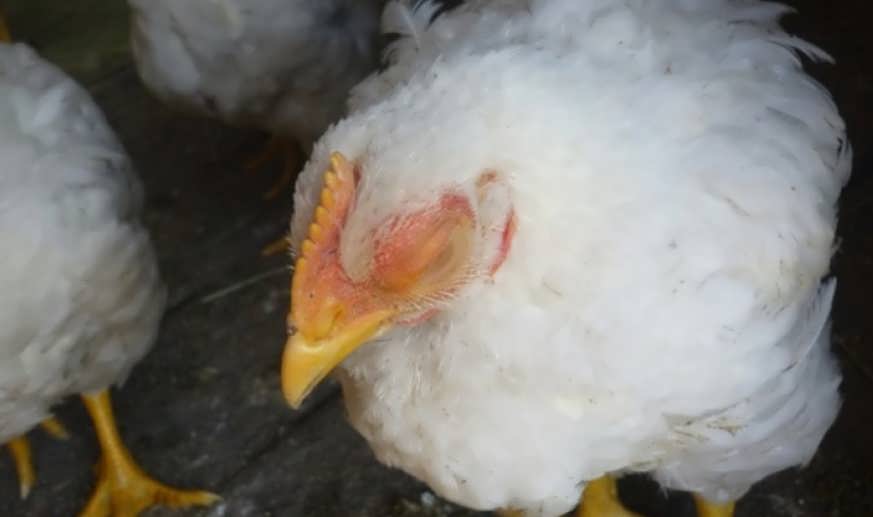
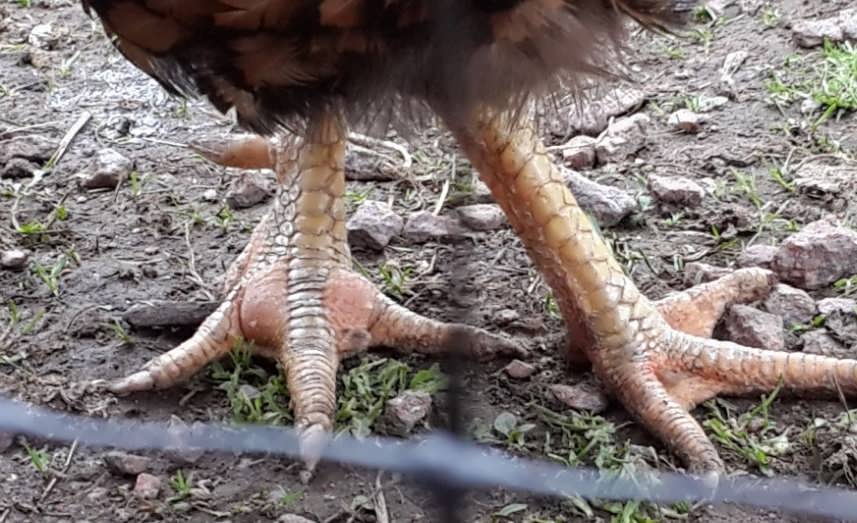
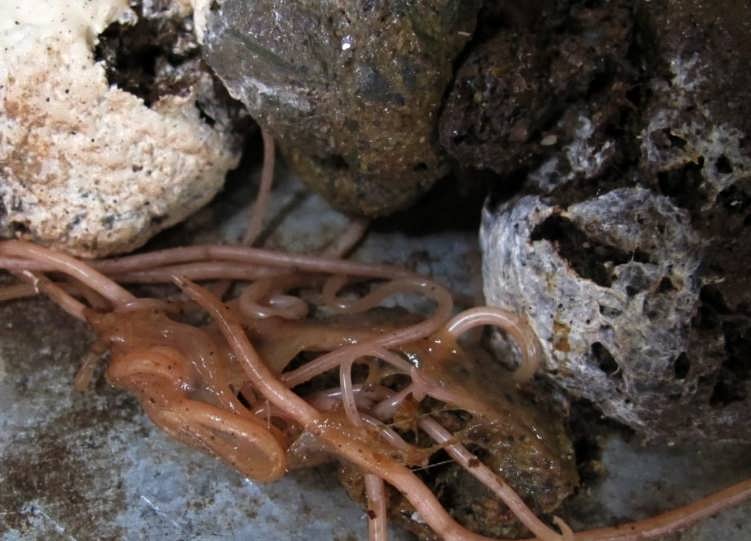
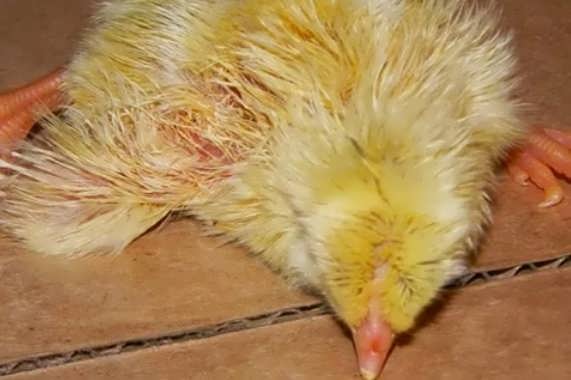
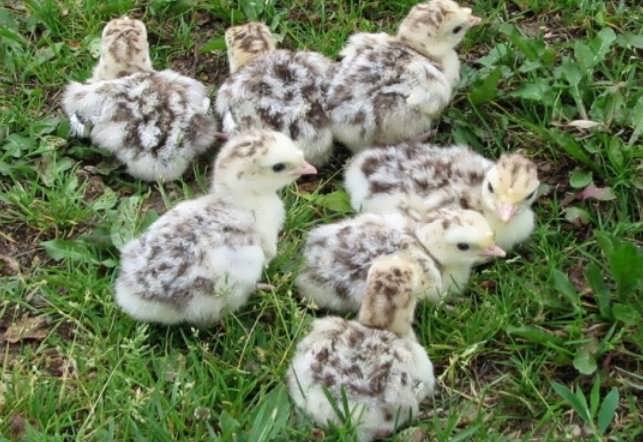
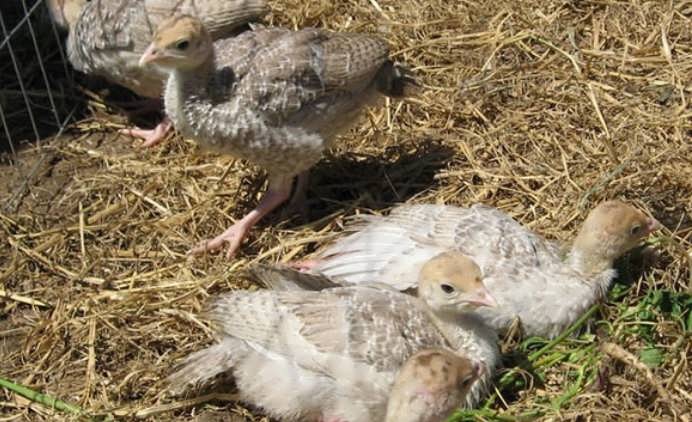
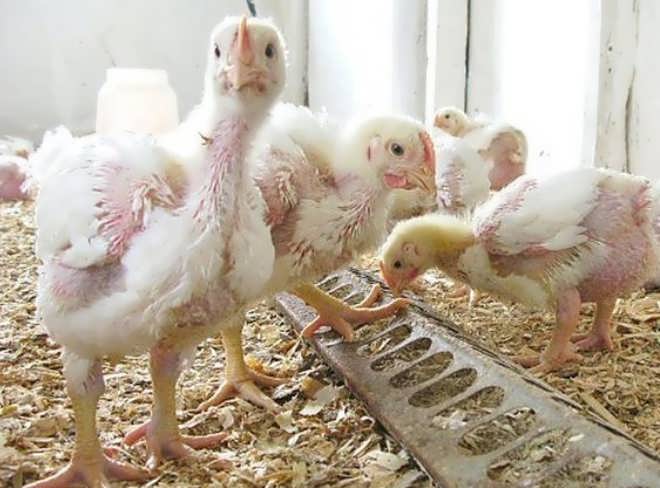
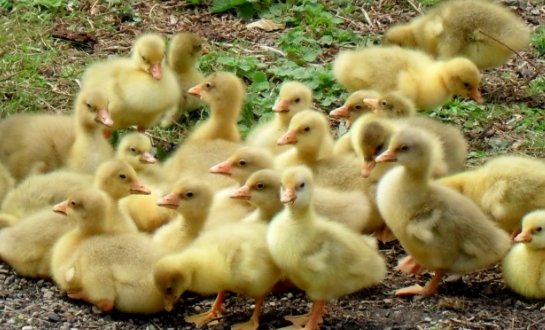
Raising chickens is not new to me. I have been doing this for 6 years and only recently this misfortune overtook me. At first, I did not know how to deal with this disaster at all. And then I began to use the tips that are given above and you know, they work. So far, everything is quiet and there are no parasites.
For me personally, breeding chickens is not a new thing, I have been doing this for 5 years and, of course, during this period of time I have come across fleas and lice in chickens. At first, of course, you get lost, because you don’t think that such parasites can start, but then you start the fight and the methods described above are familiar to me. they work.